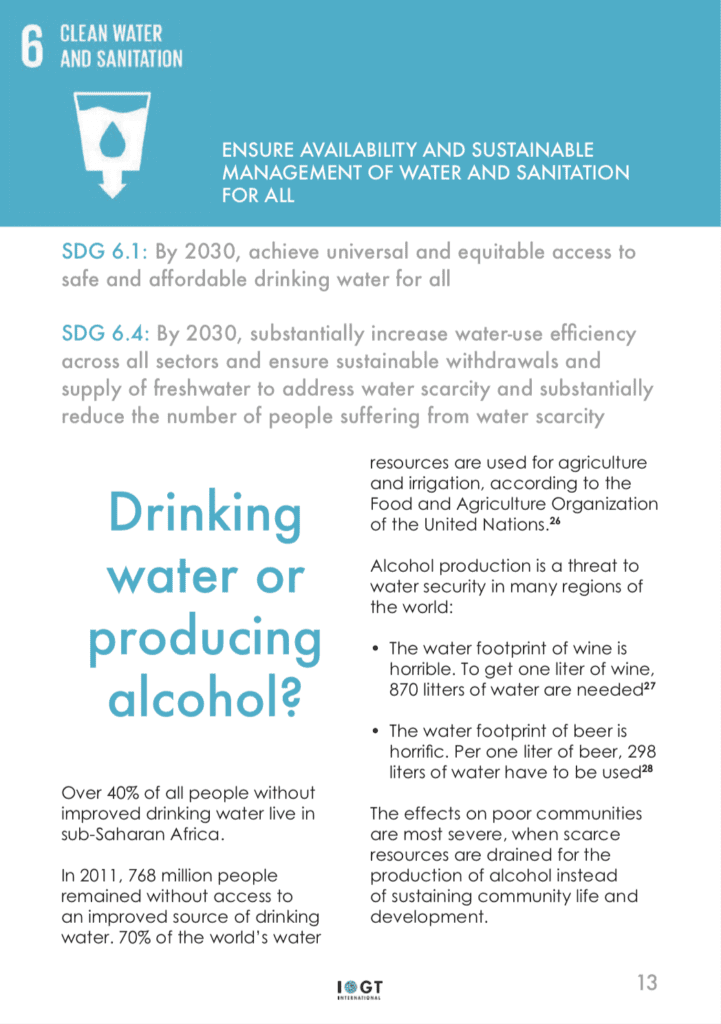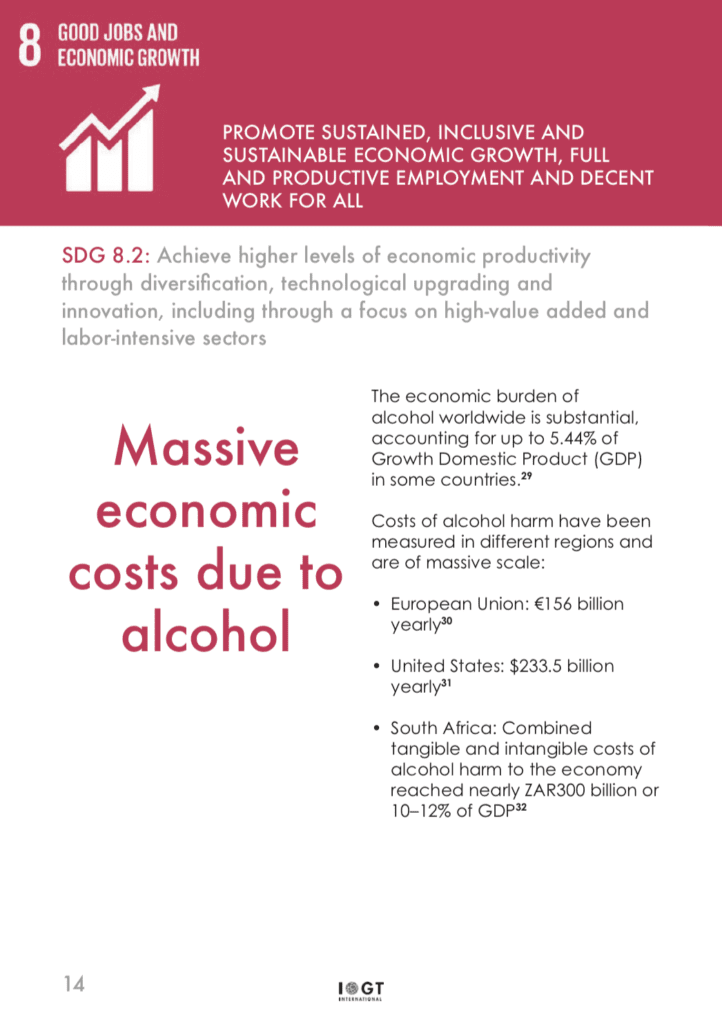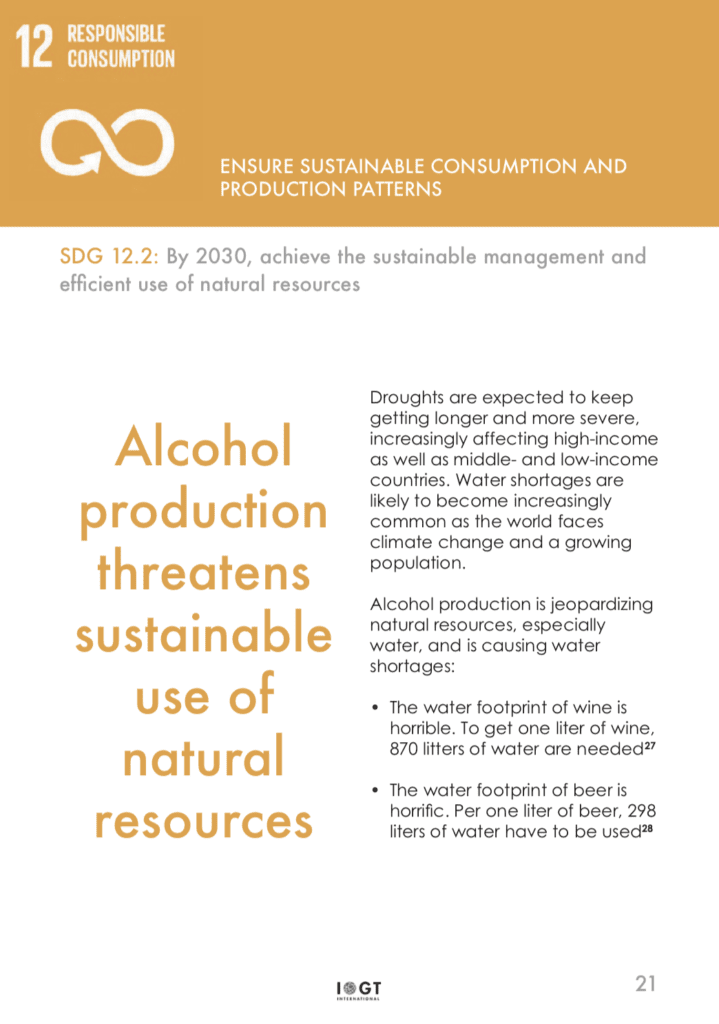Asia-Pacific on Course to Miss All SDGs
Unless progress is accelerated, Asia and the Pacific are on course to miss all of the 17 Goals of the UN’s 2030 Agenda for Sustainable Development warns the Executive Secretary of the UN Economic and Social Commission for Asia and the Pacific (ESCAP).
ESCAP’s latest Sustainable Development Goals Progress Report shows that, when it comes to some of the Goals, the region is actually going backwards. These are the goals related to access to clean water and sanitation (SDG 6), decent work and economic growth (SDG 8), and sustainable consumption and production (SDG 12).
Following are the reasons for the backwards trend according to Under-Secretary-General Armida Salsiah Alisjahbana, Head of ESCAP:
- Water scarcity is driven by the pressures of urbanization; poor management of natural resources and the environment are making the situation worse.
- The goal of moving towards sustainable consumption is adversely affected by behaviour and lifestyle; increasing wealth leads people to consume more non-sustainable products and in less sustainable ways.
The Head of ESCAP places governments as responsible for investing in SDGs. She suggests investing in basic infrastructure may cost money, but may have a positive effect on the economy in the long run as there is a considerable multiplier effect.
She also suggests countries with smaller financial resources should look at raising money through fiscal reforms rather than looking for aid, and risking becoming dependent.
The report complains about a lack of data. Ms. Alisjahbana says data is important to track progress. She also states the importance of better analysis of data and need for national statistical offices, and SDG monitoring.
Listen to the full interview below:
Alcohol a major obstacle to development in Asia-Pacific
Evidence shows that alcohol is a major cross-cutting barrier to achieving multiple SDGs. In fact, 13 of 17 SDGs are adversely affected by alcohol.
For example, the three SDGs in Asia-Pacific that are actually threatened by a trend in the wrong direction are directly impacted by alcohol production and consumption.
As alcohol consumption increases further in major Asia-Pacific countries, water security will be further threatened; economic productivity and development will be jeopardizied and undermined; and obviously consumption will not become sustainable with rising alcohol use – a vicious cycle.
But evidence shows that alcohol taxation in particular and alcohol policy solutions in general are cost-effective and high-impact in breaking this vicious cycle. In addition to promoting health and development for all, these policy solutions also help generate much needed domestic resources.
—



